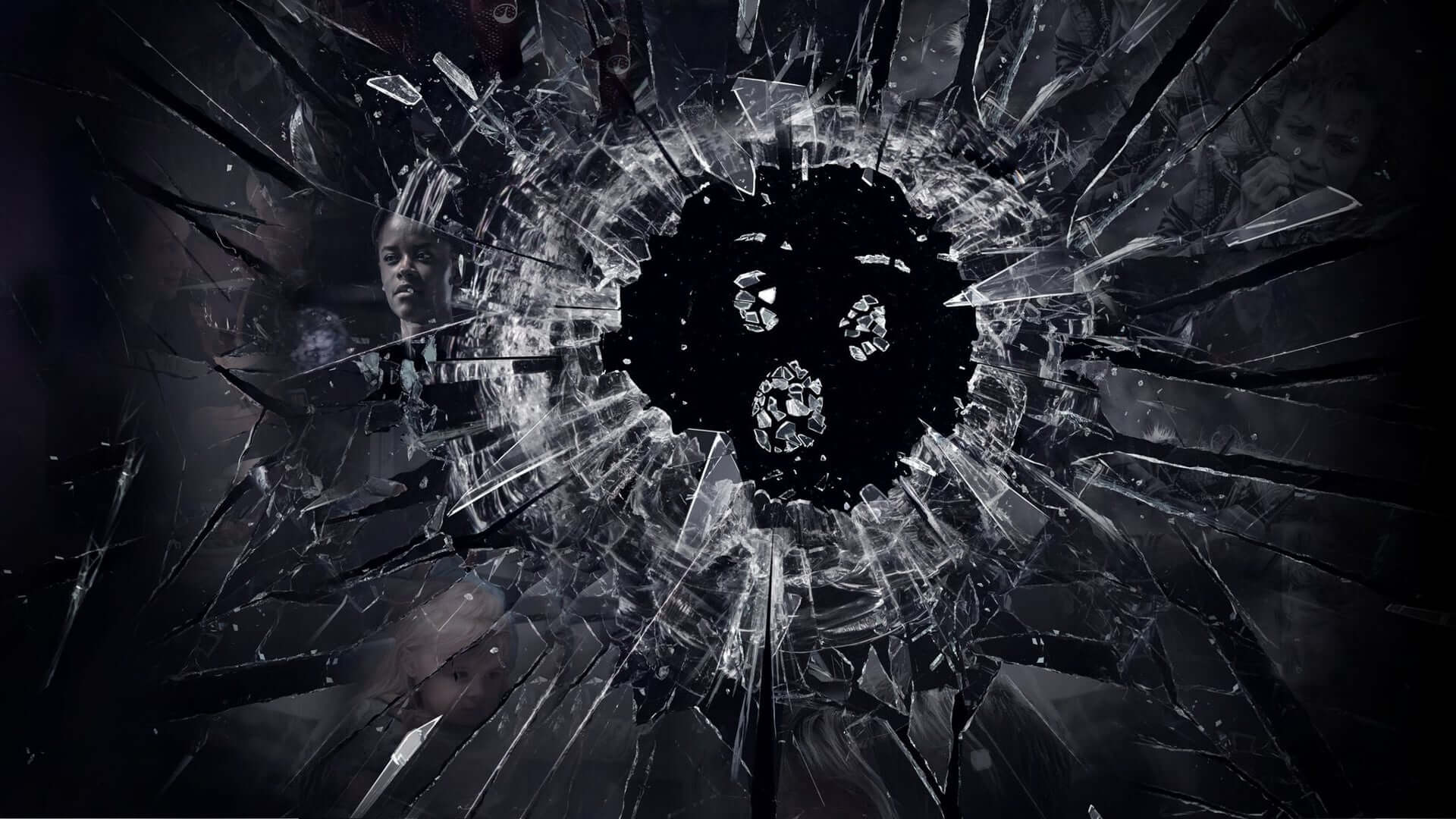Remember way back in your childhood when you couldn’t use the phone and the painfully slow dial up internet at the same time? What about those super boxy looking gas guzzling automobiles we used to drive. Hell, we didn’t even have iPhones when I was in grade 6. Now? We have quantum computers capable of unimaginable processing power and we have computers in the palm of our hands thousands of times more powerful than that of computers our parents used as young adults.
Where we are now speaks only to the amazing potential humanity has to innovate. We have cars that can drive solely on clean energy. Note that I said cars that can drive, not cars that people can drive. In terms of security, airports are equipped with scanners and sensors that can trace anything from illicit drugs to explosives. Space X is trying to make commercial space travel a viable business. It’s truly amazing where we are today and the vast opportunities we have tomorrow. Undoubtedly, humanity will continue to innovate beyond our wildest dreams. In this case, science fiction becomes imaginable. However, with this technology humans must tread carefully or once again on the high that innovation creates, we will see adverse negative consequences.
Enter Black Mirror. Created by Charlie Brooker, this show is set sometime in the near future where technological advances have moved society to the next generation. In one of the episodes called Nosedive it describes the effects of a potential social media platform that ranks a person based on their social interactions in public and the workplace. Essentially, it’s a five star system. The higher the average from public ratings regarding their personal interactions and the culmination of your social media popularity the higher you rank in society. This higher rank results in better job potentials, better housing, and more privileges like discounted living and travel.
Throughout this episode it shows how fixated society becomes on this number. Interactions become less about being genuine and more about getting that 5 stars. Is this really any different than how we comment on Instagram photos today? The lesson of this episode comes when the main characters average rating plummets and we see the total psychological breakdown it causes. If you think this whole concept is a little fetch and that this could never happen you’re so wrong. In 2014, China released a Planning Outline for the Construction of a Social Credit System. Essentially this system would “ assign a “social credit” rating to every citizen based on government data regarding their economic and social status”. Sound familiar? Thought so…
A personal favourite of mine is an episode called White Christmas. In this episode humans have developed a technology to extract a carbon copy of one’s mind and place it into a device that humans can interact with. In the opening we see how this practice (albeit barbaric) can be used to make humans lives more convenient. Essentially, these cookies as they call them can be used in a device to control your house and your technology to the most precise extent. After all, who truly knows how you like your toast, coffee or room temperature better than you?
Without spoiling too much, the introduction of the two cookies we encounter throughout the episode go through a “convincing” phase of interactions with real people. In these interactions the show introduces very real scenarios where ethically the line is very blurred. To an extent, we see this already in the way we set our preferences on everything from our heated blankets, to our iPhones to the smart thermostats we install in our houses. Would you create a cookie of your own mind to make your life more convenient?
For anyone who hasn’t seen Black Mirror, it’s available on Netflix and I’m sure it will be around for a while. I can say without a doubt that this show is one of the most philosophically detailed and thought out shows I’ve watched. Not only does it dive deeply into the human psyche, it’s insanely good at theorizing the very plausible psychological and societal effects future technologies can have have on society.
Give it a watch, think about it, watch it again and I promise you will think twice about what the future of technology will look like for humanity.
Kyle Thompson Clement is a fifth year Politics student and Opinions Editor of The Athenaeum





